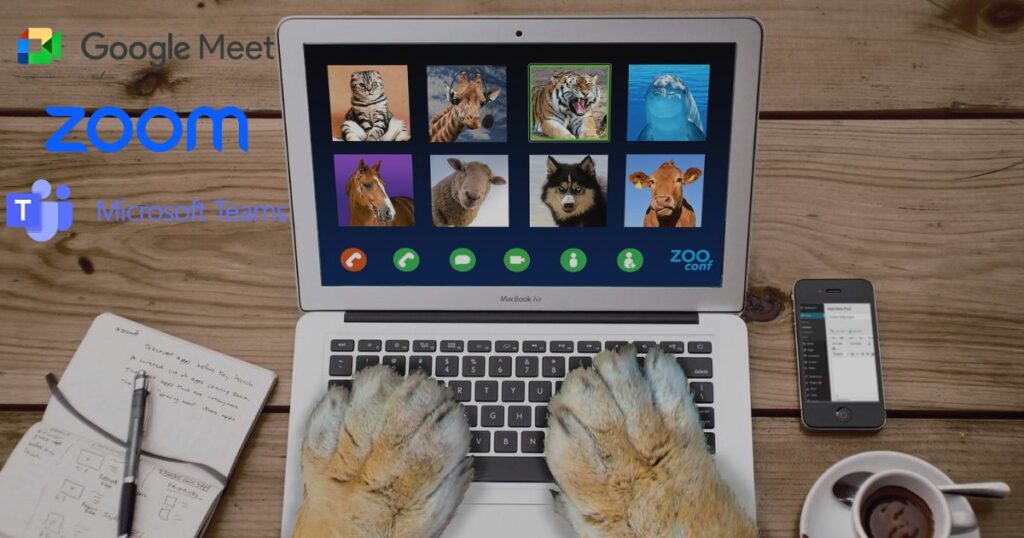
As more and more people work from home, the demand for technology tools that can help remote workers stay productive and connected has skyrocketed. From communication and collaboration software to time-tracking and project management apps, there are a variety of must-have tech tools for remote workers. In this article, we’ll take a look at the top 10 tech tools that every remote worker should have in their arsenal.
1. Video conferencing software: Video conferencing software such as Zoom, Microsoft Teams, and Google Meet are essential for remote workers. They allow teams to connect face-to-face, collaborate on projects, and hold virtual meetings. These tools can also be used to conduct job interviews and remote training sessions.

2. Collaboration tools: Collaboration tools such as Slack, Asana, and Trello allow teams to work together on projects in real-time, regardless of their location. These tools facilitate communication, task management, and file sharing among team members, making it easier to stay on track and meet deadlines.
3. Cloud storage: With cloud storage solutions such as Dropbox, Google Drive, and OneDrive, remote workers can access their files from anywhere with an internet connection. These tools also make it easy to share files with team members, clients, and stakeholders.
4. Virtual private network (VPN): A VPN is essential for remote workers who need to access company resources securely. VPNs create a secure and encrypted connection between the user and the company’s network, protecting sensitive data from hackers and other cyber threats.
5. Time-tracking apps: Time-tracking apps such as Toggl and Harvest help remote workers keep track of how much time they spend on different tasks. This can be useful for billing clients or tracking productivity, ensuring that remote workers are using their time effectively.
6. Password managers: With so many accounts and passwords to remember, password managers such as LastPass and 1Password can be a lifesaver for remote workers. These tools securely store passwords and login credentials, making it easy to log in to different accounts without having to remember multiple passwords.
7. Virtual office software: Virtual office software such as Huddle and Sococo create a virtual office environment that allows remote workers to interact with each other in real-time. These tools provide a sense of community and help remote workers feel connected to their team, even if they are working from different locations.
8. Project management tools: Project management tools such as Basecamp and Jira help remote workers keep track of project deadlines, milestones, and deliverables. These tools allow teams to collaborate on projects, assign tasks, and track progress in real-time.
9. Communication tools: Communication tools such as Skype and Slack are essential for remote workers who need to stay in touch with their team members. These tools allow users to chat, make voice calls, and share files in real-time, making it easy to stay connected and collaborate effectively.
10. Productivity software: Productivity software such as Microsoft Office and Google Workspace help remote workers stay organized and focused. These tools include applications such as email, word processing, and spreadsheet software, as well as project management and note-taking apps.
In conclusion, there are a variety of must-have tech tools for remote workers. From video conferencing and collaboration software to time-tracking and productivity apps, these tools can help remote workers stay connected, productive, and focused. By incorporating these tools into their workflow, remote workers can maximize their productivity and achieve their professional goals from anywhere in the world.




